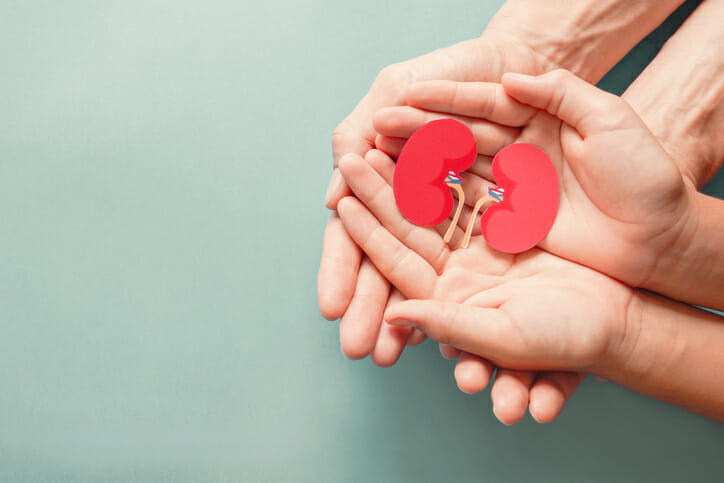A lot of people, I suppose, have at least one medical terror story, actually if it’s a nurse who can’t take blood without providing you a four inch bruise, or can’t give you a smear test because they can’t find your cervix. 
Not really a week moves previous without some terror story in regards to a penis up within an NHS clinic appearing in the paper. This may actually injury your confidence in the run up to a scheduled help transplant, or I guess any treatment (you see I’michael using medical lingo now, both that or I view “ER” too much.) But the advantages with this function are many: It’s scheduled, it’s not an crisis once the medical practioners are trying to find out what went improper, so every thing is planned.
As the donor you is likely to be in pretty a healthy body in the first place, and so the odds of problems are significantly less than if you had been really sick. Apparently you’re supposed to feel good emotional effects because you’re doing this kind of excellent thing. (In my knowledge that continues before the suffering shoes in, and then resurfaces when you get your life back.) The type of health practitioners who do this function have lots of experience, and you can find two surgeons in the room – one doing the op, one watching.
It’s a intriguing function, you have a help out, then you definitely use it in another person and it begins working. If you’re in a teaching clinic everyone is likely to be watching. You will be astonished when the physio/nurse/transplant co-ordinator/nurse informs you which they found your function, but the simple truth is they’re lining up – you and the help beneficiary are truth be told the very best display in town (somehow my mother managed to get in there too!) Certainly what this means is they will possibly see your arse, however the benefit is that with half a medical facility seeing, there’s number way they are going to keep any surgical tools inside. Also, my scar may be the straightest I have ever seen (everyone always comments me on it.) You and the beneficiary are the surgeon’s possiblity to sparkle – they’ll maybe not wreck up.
They’re getting out a major organ, it is really a significant operation, and whenever you come out you will undoubtedly be on major pain medication. Thus they will be monitoring your essential signs (blood pressure, heart rate, urine production, temperature) across the time until you come down the epidural or the PCA (Patient Get a grip on Analgesia), and making you shake your toes.
Oh yes, everyone loves you. Whenever you proceed through all the tests, the nurses will be amazed that you’re voluntarily going right on through this. (They also allow me to use their loos – twice.) They will tell you how daring you’re, how they don’t believe they could take action, and whenever you wake up from surgery everybody will undoubtedly be all smiles. Unfortunately this improvements for a number of them once you begin carping for medications after ward, but most of the nurses can however enjoy you.
Did you realize over 4,500 persons die each year waiting for a Considering Kidney Donation?? That appears like lots of undesirable deaths, when persons as you and me might help them. You just need one kidney to survive, why don’t more people volunteer theirs? I know there are many people who can’t. When you yourself have a genetic condition, large blood force, help rocks and other dilemmas, you may well be disqualified. But there are countless us out there who can, but don’t, contribute a kidney.
I was recently conversing with my brother about that, because I’ve documented to contribute a kidney at matchingdonors.com. She claimed she wouldn’t contemplate it, because what if her daughter needs one in the future. My reply to her was, “Imagine if I stepped across the road tomorrow and got hit by a bus.” My level is what if… we’re able to ask those issues all day and all night. We would never have the exact answer of what may or may happen.
According to Organ Procurement and Transplantation network, over 80,600 individuals are on the list for a help implant, and the number needing kidneys has risen by 86%, while only 31% obtain kidneys. That’s 55% of people not getting kidneys. That’s 55% of individuals that we, you and me, can save.
